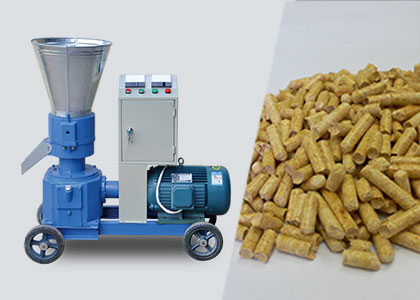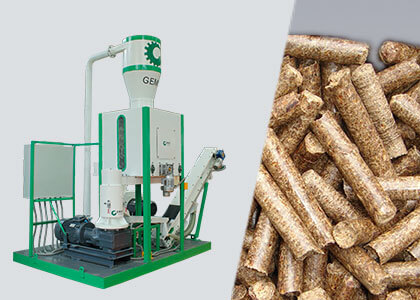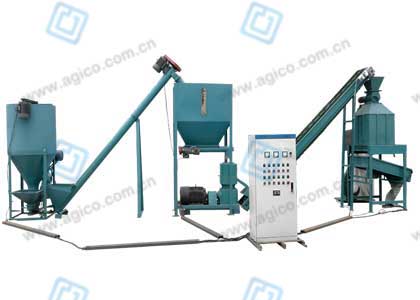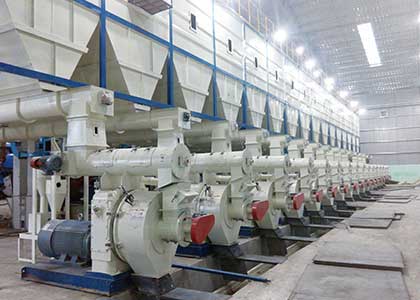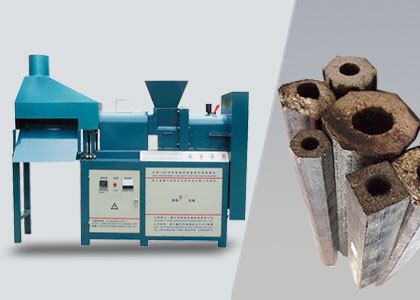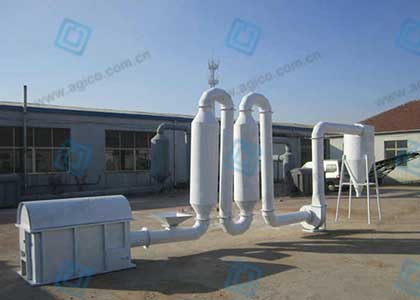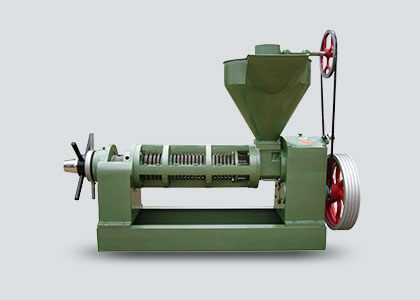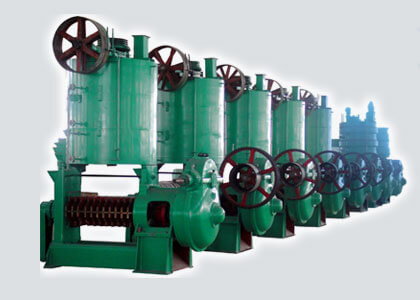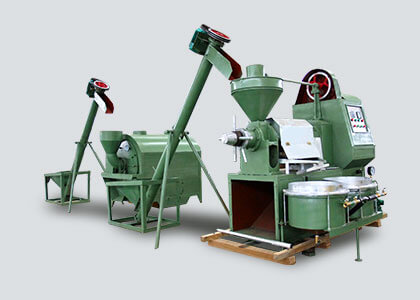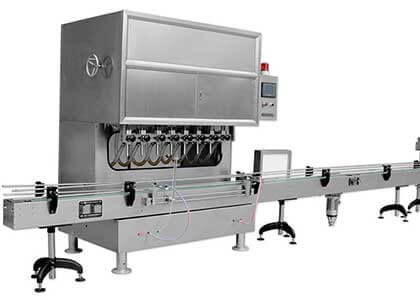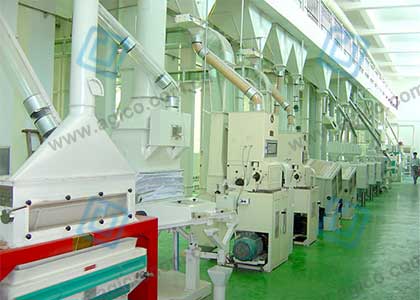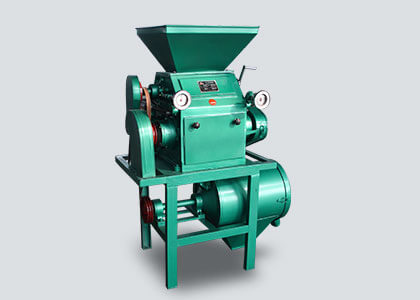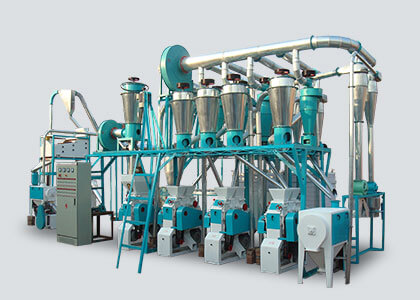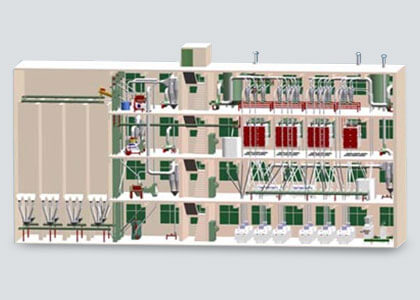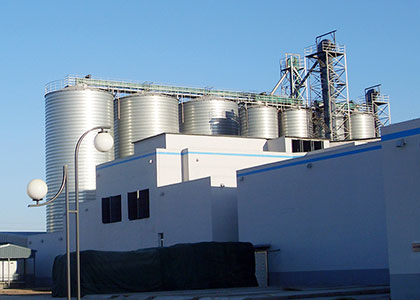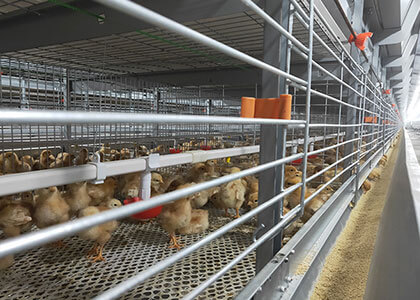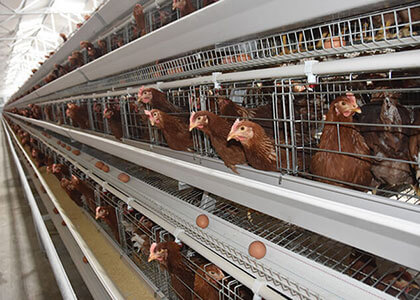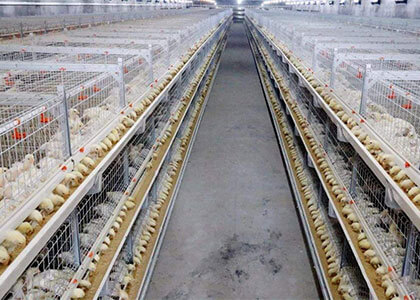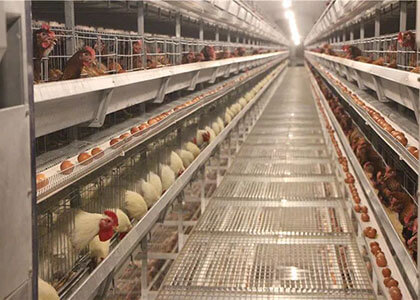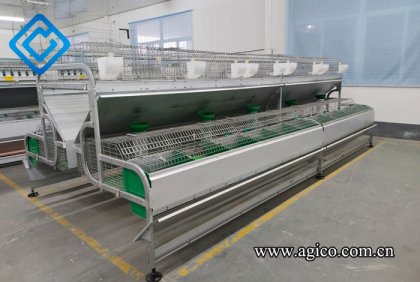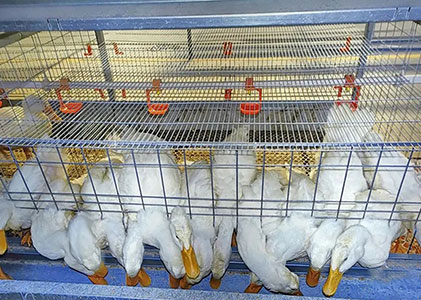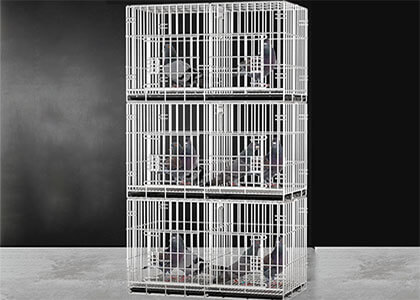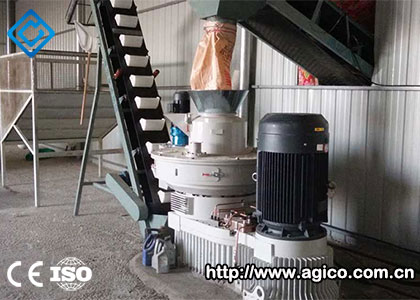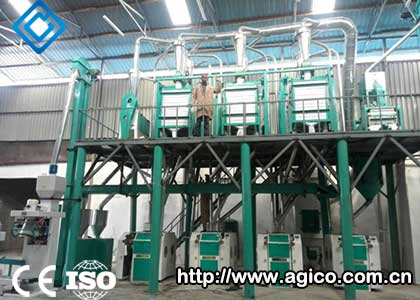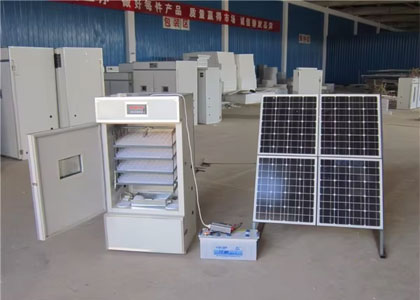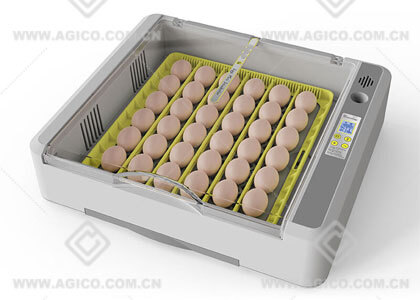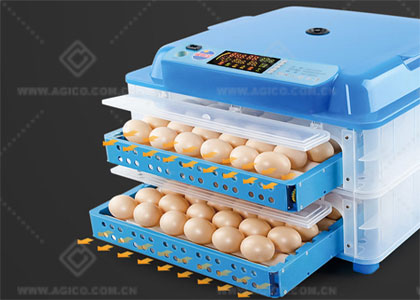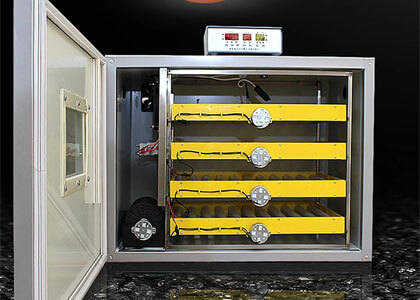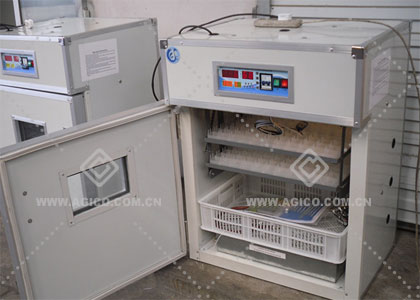Recommended Small Egg Incubators for Beginners Home Use
Small incubators have been widely used in families and small farms in recent years, especially among beginners. This type of equipment has become the first choice for many beginners due to its small size, convenient operation, and relatively low cost. For users new to hatching technology, small incubators can lower the breeding threshold and help users quickly master the basic hatching process.
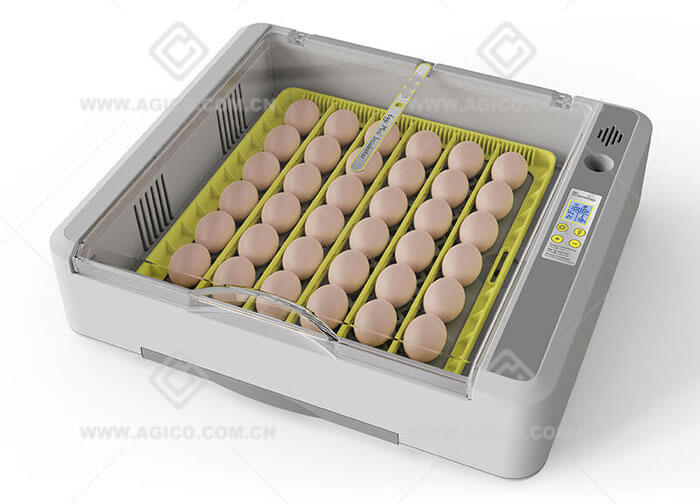
In order to help beginners better choose a small incubator that suits them, we will focus on recommending three cost-effective and practical models: 48 egg incubator, 56 egg incubator and 112 egg incubator. These models not only cover the needs of different capacities but also excel in functionality and ease of use.
Key Factors for Beginners to Choose an Incubator
Appropriate capacity
When beginners choose an incubator, capacity is a key factor to consider. Too small a capacity may not meet the needs, while too large a capacity will increase the difficulty and cost of operation. Generally speaking, 48 egg incubators and 56 egg incubators are suitable for home users who want to hatch a small number of eggs, while 112 egg incubators are suitable for beginners who have a certain hatching plan. For those who are new to hatching, it is recommended to start with a smaller-capacity device, which can reduce the cost of trial and error and make it easier to master the key skills in the hatching process.
Basic functional requirements
The hatching success rate of beginners depends largely on the basic functions of the incubator. Accurate control of temperature and humidity is the core of successful hatching. Beginners need to choose equipment with automatic temperature and humidity adjustment functions. In addition, the automatic egg-turning function is also a key function, which can effectively reduce human operation errors and improve hatching efficiency. A small incubator with these basic functions can not only help beginners easily deal with the key links in the hatching process but also greatly improve the convenience and success rate of operation.
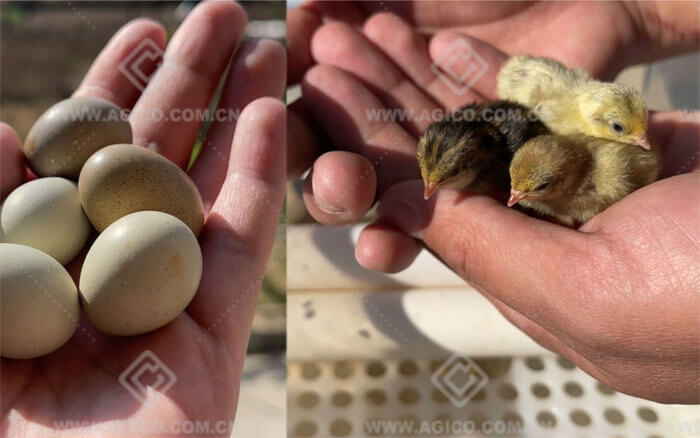
Ease of use and learning cost
For beginners, easy operation is the priority when choosing an incubator. A clear and intuitive operating interface and simple button settings are important features of an ideal device. In addition, the maintenance of the incubator also needs to be simplified as much as possible, such as easy-to-clean design and quick-install accessories. Choosing a device with a low learning cost can help novices get started quickly and avoid frustration caused by complex operations.
Price and cost-effectiveness
When buying an incubator, beginners usually consider budget constraints. It is particularly important to choose a model with high cost-effectiveness. Affordable but fully functional small incubators, such as 48 egg incubators or 56 egg incubators, are often the first choice for beginners. For users who have a certain budget and want to increase the number of incubations, 112 egg incubators are a better choice. When purchasing, you should balance price and function according to your own needs, and avoid sacrificing key performance for a low price.
Brand and after-sales support
As equipment that needs long-term use, the brand reputation and after-sales service quality of the incubator directly affect the user experience. Beginners are advised to choose products from well-known brands, which usually provide more reliable quality assurance and after-sales support. Some manufacturers will also provide detailed instructions or technical support to help users quickly solve problems they may encounter. Perfect after-sales service can not only allow users to use the equipment with confidence but also provide strong guarantees for subsequent breeding.
Recommendation and Comparison of 48 Egg Incubator, 56 Egg Incubator and 112 Egg Incubator
48 egg incubator
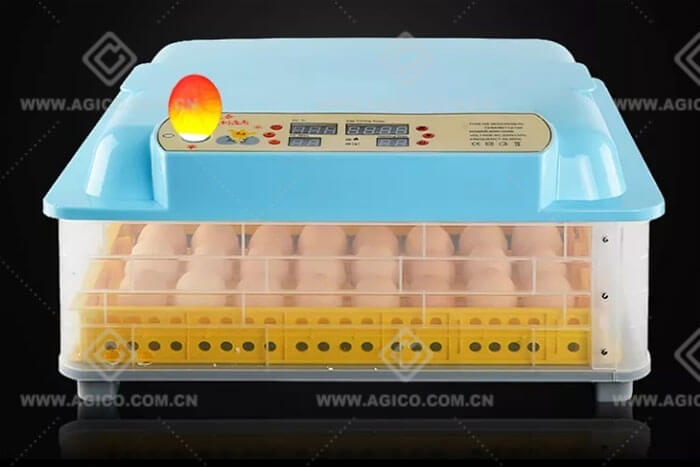
Applicable people
The 48 egg incubator is tailor-made for small family breeders who have fewer incubation needs and are just starting to try. This device is particularly suitable for beginners who want to accumulate experience through small-scale experiments.
| Type/Hatching quantity | Chicken eggs | Duck eggs | Pigeon eggs | Bird eggs | Power | Weight | Size |
|---|---|---|---|---|---|---|---|
| 48 egg incubator | 48 chicken eggs | 48 duck eggs | 48 goose eggs | 48 pigeon eggs | 60W | 6kg | 54×54×28cm |
Features
- Automatic egg-turning function: The device can automatically turn the eggs to ensure that the embryos are evenly heated. It is suitable for a variety of poultry eggs, such as chicken eggs, duck eggs, and goose eggs, to meet the diverse needs of users.
- Small size: This device takes up very little space, and it is stress-free even when placed in a home environment. It is simple and intuitive to operate, making it very suitable for novices who are new to hatching.
Recommended reason
The 48 egg incubator is widely praised for its high cost-effectiveness. It is not only fully functional but also reduces the risk of hatching for beginners, making it an excellent starting point for entering the field of hatching. If you are interested in hatching but have a limited budget, this device is undoubtedly a safe and reliable choice.
56 egg incubator

Applicable people
For home users who have completed their first incubation and want to increase their hatching output, the 56 egg incubator is an ideal choice. This device has improved functions compared to the 48 egg model and can better meet the needs of small-scale breeders.
| Type/Hatching quantity | Chicken eggs | Duck eggs | Pigeon eggs | Bird eggs | Power | Weight | Size |
|---|---|---|---|---|---|---|---|
| 56 egg incubator | 56 chicken eggs | 56 duck eggs | 56 goose eggs | 56 pigeon eggs | 60W | 6kg | 54×54×28cm |
Features
- Precision temperature control system: Equipped with a high-precision temperature control module to ensure that the temperature is always maintained within the ideal range during the incubation process, thus significantly improving the hatching success rate.
- Backup power supply support: This model supports the connection of a backup power supply, which can continue to power the device in the event of a power outage, ensuring that the incubation process is not interrupted.
Recommended reason
Compared to the 48 egg model, the 56 egg incubator is more functional and is particularly suitable for users who want to improve hatching efficiency through more efficient equipment. Whether it is family farming or trying to expand the scale of farming, this equipment can meet the needs well.
112 Egg Incubator
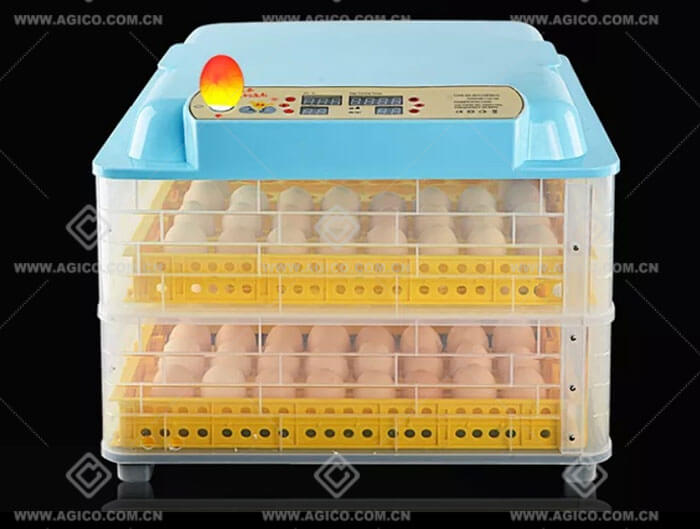
Applicable people
If you have higher requirements for hatching volume and plan to do semi-professional home breeding, 112 Egg Incubator is a worthy investment. It is suitable for users who already have some hatching experience and want to further expand production.
| Type/Hatching quantity | Chicken eggs | Duck eggs | Pigeon eggs | Bird eggs | Power | Weight | Size |
|---|---|---|---|---|---|---|---|
| 112 egg incubator | 112 chicken eggs | 112 duck eggs | 112 goose eggs | 112 pigeon eggs | 100W | 8kg | 54×54×38cm |
Features
- Large capacity design: The 112 egg incubator can handle more eggs at the same time, making it an ideal choice for batch-hatching needs.
- Efficient temperature and humidity control system: The advanced temperature control and humidity adjustment functions built into the equipment are not only easy to operate, but also effectively reduce the chance of human intervention errors, further improving the success rate.
Recommended reason
As a large-capacity representative of small incubators, the 112 egg incubator achieves a good balance between capacity and function. For users who plan to expand their breeding scale, this equipment can not only meet higher production needs but also maintain a high cost-effectiveness, which is a worthwhile upgrade investment.
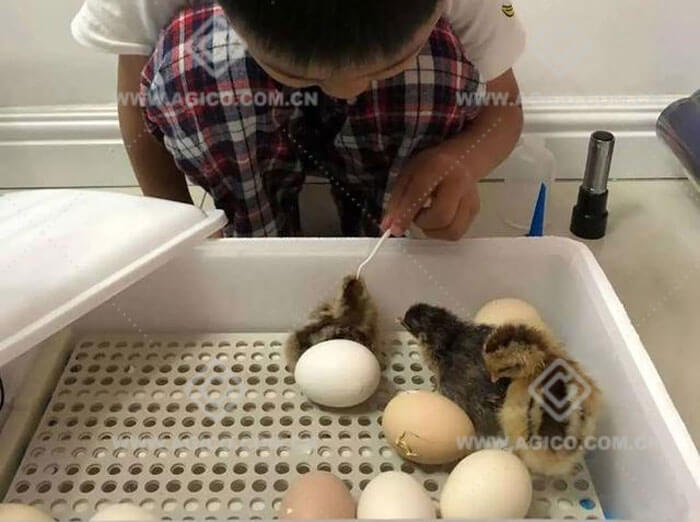
When choosing an incubator, you should consider your breeding scale, budget, and technical requirements. For example, if you are just trying to incubate a small number of eggs for learning or interest, the 48 egg incubator is sufficient to meet your needs. If your goal is to expand the scale slightly, the 56 egg incubator is more cost-effective, and for users who plan to expand further or hatch in batches, the 112 egg incubator provides a more professional solution.
For beginners, there is no need to pursue complex and high-end equipment at the beginning. Choosing models with simple but practical functions can reduce learning costs and reduce operational errors. In the process of gradually accumulating experience, users can understand their needs more clearly, so as to prepare for the purchase of incubators with higher capacity or complex functions in the future.

